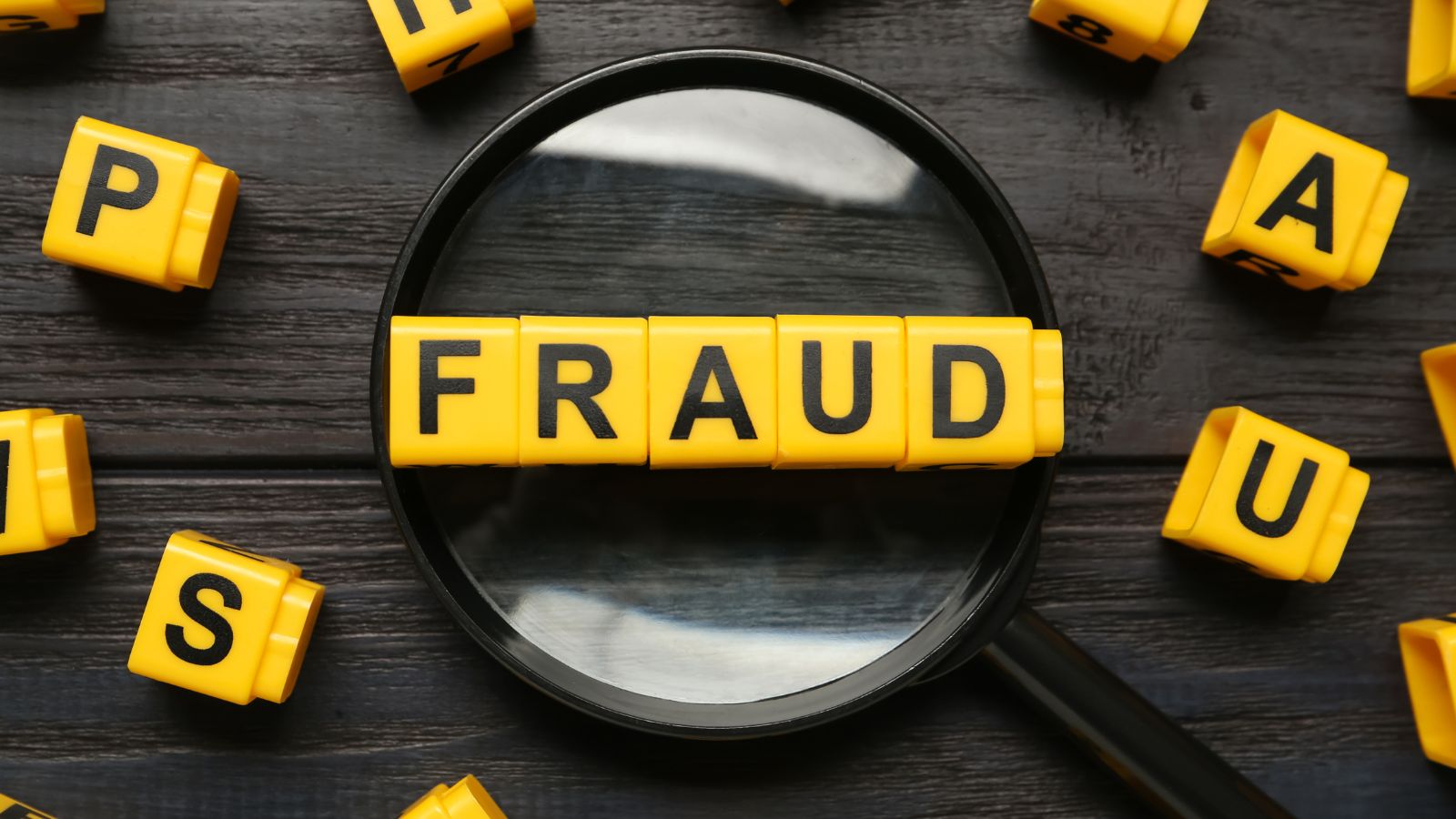
2025 marks 25 years of the Dodd-Frank Act – US legislation that expanded the protections for whistleblowers within the Securities and Exchange Commission (SEC) and the Commodity Futures and Trading Commission (CFTC). As well as offering rewards to whistleblowers who supply information the US enforcement agencies also routinely sanction organisations when they victimise their staff.
In the UK, financial regulators regularly benefit when whistleblowers pass on information but they rarely step in to protect individuals if their employer penalizes them for speaking up.
With the Serious Fraud Office and HMRC now planning to introduce US-style whistleblower reward schemes to compensate people who report corporate crime within their own organisation, for Financial Regulation International’s whistleblowing special issue, we explored what lessons could be learnt from across the pond.
The current UK Landscape
Bodies, like the Financial Conduct Authority (FCA) and the Serious Fraud Office (SFO), are authorised to receive whistleblowing reports and take action against companies that breach regulatory rules and laws. However, they have limited histories of sanctioning employers that victimise whistleblowers.
The US: A Robust Enforcement Ecosystem
Under the Dodd-Frank Wall Street Reform and Consumer Protection Act and the Sarbanes-Oxley Act, the SEC takes direct legal action against employers who victimise whistleblowers. It also independently investigates retaliation, sanctions employers and compensates whistleblowers from any funds recovered through their financial rewards scheme.
In 2014, the SEC charged Paradigm Capital Management for retaliating against, then head trader, James Nordgaard. Paradigm paid $2.2 million to settle the charges, $300,000 of which was a civil penalty for victimising a whistleblower. Nordgaard received a $600,000 award for the information he provided. Then Chief of the SEC’s Office of the Whistleblower, Sean McKessy stated:
In another case in 2023 the SEC charged US media company Gaia, Inc. for dismissing a whistleblower and improperly requiring employees to waive rights to whistleblower rewards. Gaia paid a $2 million civil penalty, and the group of whistleblowers received $6 million in rewards.
Challenges in Applying the US Model to the UK
As the agencies in the UK consider adopting and introducing rewards programmes there are a number of issues to consider.
Firstly, we believe that regulators like the FCA and SFO would require additional funding to take on a new enforcement mandate and it is unclear where this funding would come from. The UK currently lacks the incentive infrastructure of US rewards schemes, which has been designed to fund whistleblower support and rewards from the fines imposed on guilty organisations.
In a landmark move, HMRC has announced plans to reward whistleblowers modelling their approach on highly successful US and Canadian programmes, giving whistleblowers who inform HMRC about tax-dodging a cut of any money collected as a result. The SFO’s latest business plan confirms that they too will ‘progress whistleblower incentivisation reform’. A Home Office commissioned review of fraud also includes incentivising whistleblowers within its terms of reference. The money recovered by incentivised whistleblower reports has the potential to fund whistleblower protection.
However, enforcement recoveries from the existing CMA and HMRC reward regimes is currently directed into the government’s Consolidation Fund, which effectively operates as the government’s current account. Therefore, enforcement recoveries may not directly benefit enforcement agencies.
Secondly, the US and the UK have vastly different legal systems, meaning US rewards schemes, and their accompanying whistleblower protections, cannot be reproduced verbatim in the UK.
Enforcement action against whistleblower retaliation could conflict with employment tribunal proceedings if a whistleblower is taking legal action against their employer. This raises serious questions about fair trial rights for both parties: a finding of whistleblower retaliation by an enforcement agency would likely be weighty evidence in court. A whistleblower’s case may also be undermined by an unfavourable finding made by an enforcement body, and their credibility called into question if they benefitted financially from whistleblowing. Likewise, the press attention on such enforcement action may make it difficult for employers to have fair tribunal hearings.
However, these challenges should not serve as excuses for inaction. Instead, they highlight the need for tailored reforms that increase accountability without undermining existing legal protections.
Low-Cost, High-Impact
Aligning publicly with whistleblowers can be a powerful and cost-effective approach signalling that the UK stands behind those who expose wrongdoing.
A notable case in the US illustrates the role an enforcement agency can take to impact the law.
In the UK, the SFO has the power to impose a Deferred Prosecution Agreement on organisations that commit fraud, bribery and other economic crimes allowing a prosecution to be suspended for a defined period, provided certain specified conditions are met. In their Deferred Prosecution Agreements (DPA) Code of Practice, the SFO underscores the value of internal reporting mechanisms to demonstrate a company’s commitment to compliance. It does not explicitly mention whistleblowing, however the SFO’s commitment to progressing rewards for whistleblowers suggests growing recognition of a whistleblower’s role in uncovering corporate misconduct. Future DPAs could include provisions for redressing whistleblower victimisation and could align financial penalties with the prevention of whistleblower victimisation and redressing retaliation.
Conclusion: A Call for a Tougher UK Approach
Jonathan Taylor’s case shows how whistleblowers can face ruin, without even nominal support from the enforcement agencies that they have helped. It begs the question of whether the troubling situation that Taylor faced could have been avoided had the SFO intervened.
In both the US and Canada we’re seeing how enforcement agencies can serve as both watchdogs and guardians.
We believe there is an opportunity for the UK to develop its own muscular model, not necessarily replicating the US framework, but empowering agencies with independent enforcement powers to sanction retaliation and support whistleblowers. Whether through sanctions or symbolic backing in legal cases, more needs to be done.
Strengthening whistleblower protections is about ensuring that those who expose economic crime are encouraged, not punished. This is essential for promoting financial integrity.
